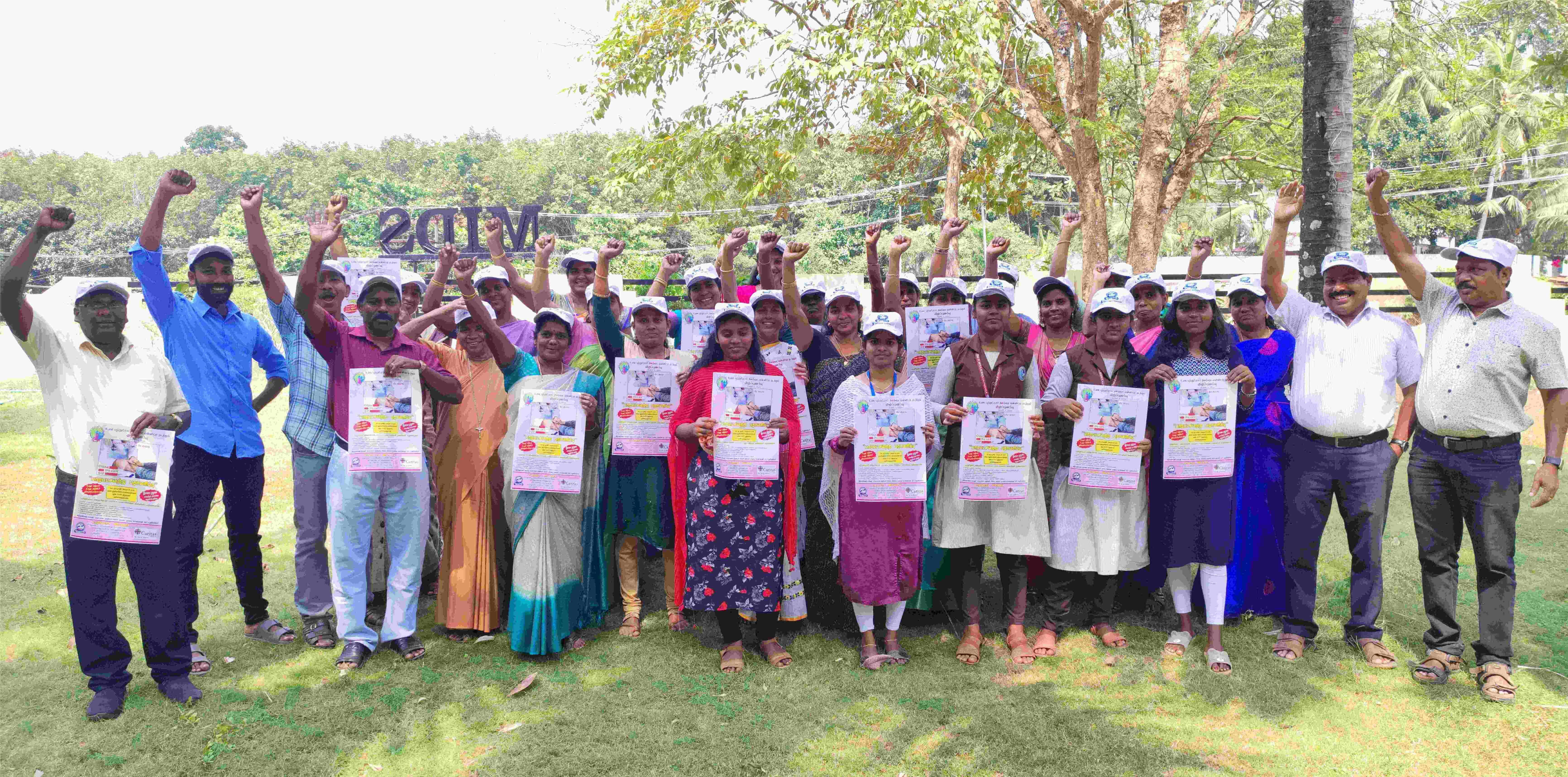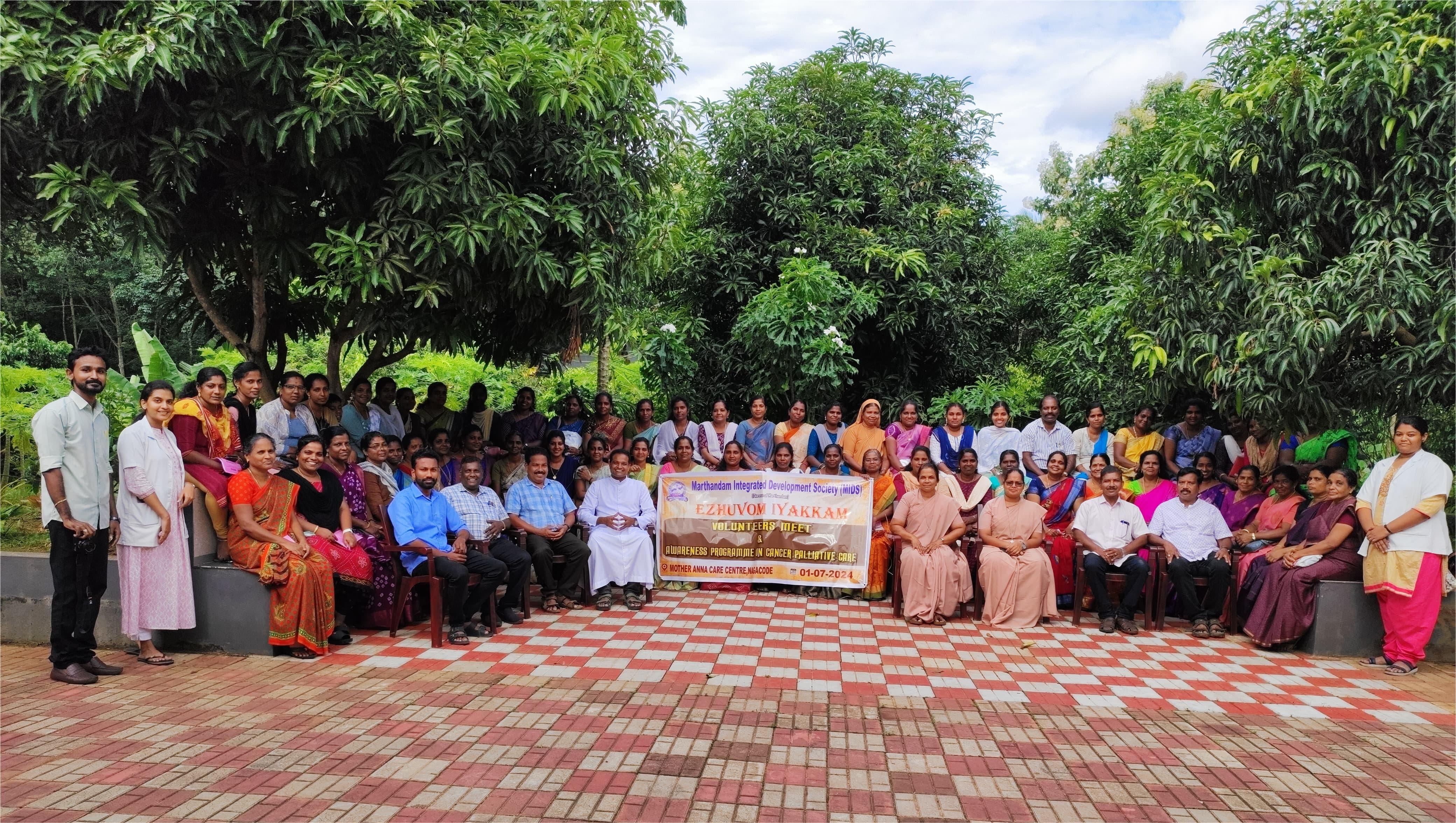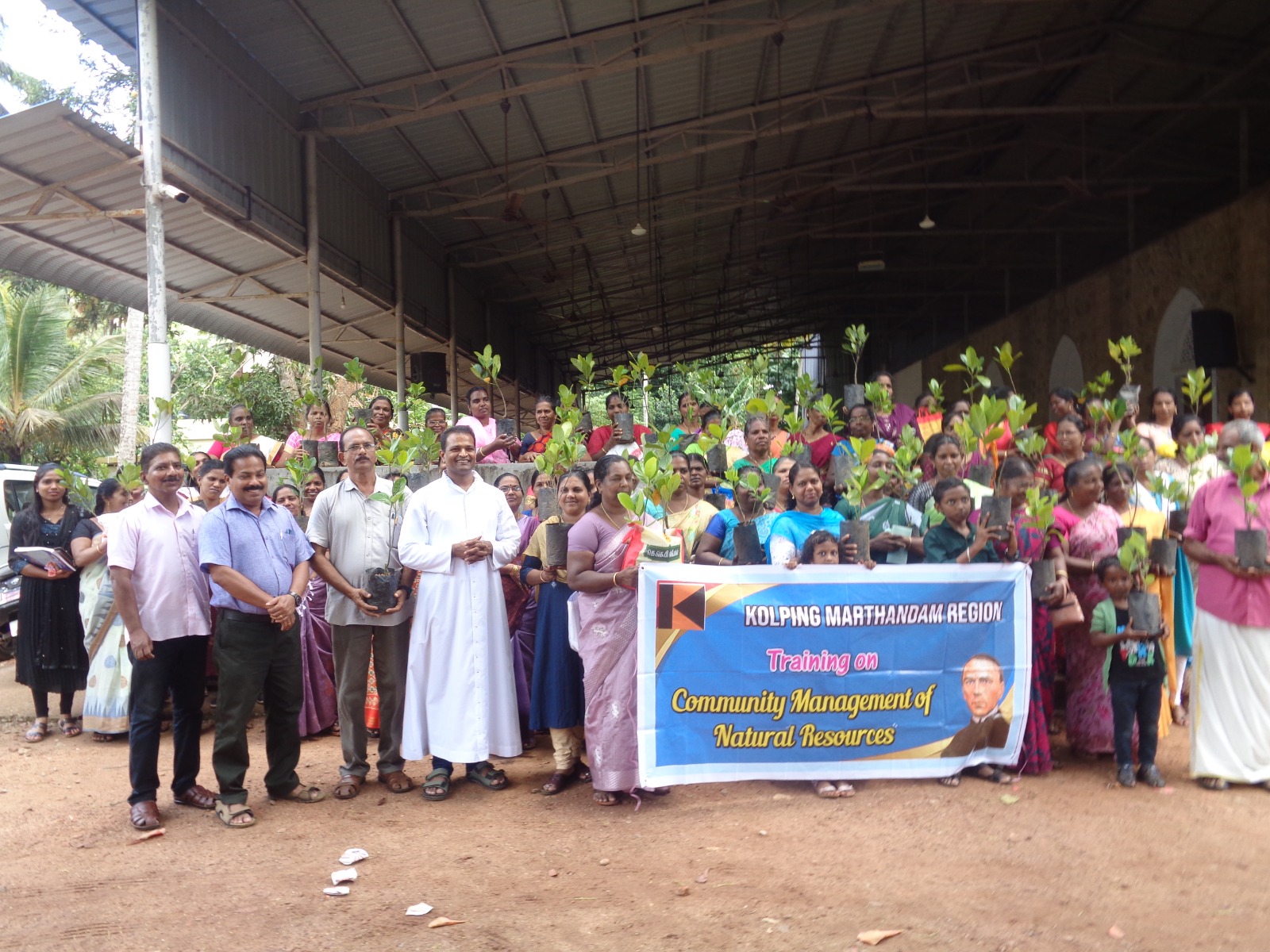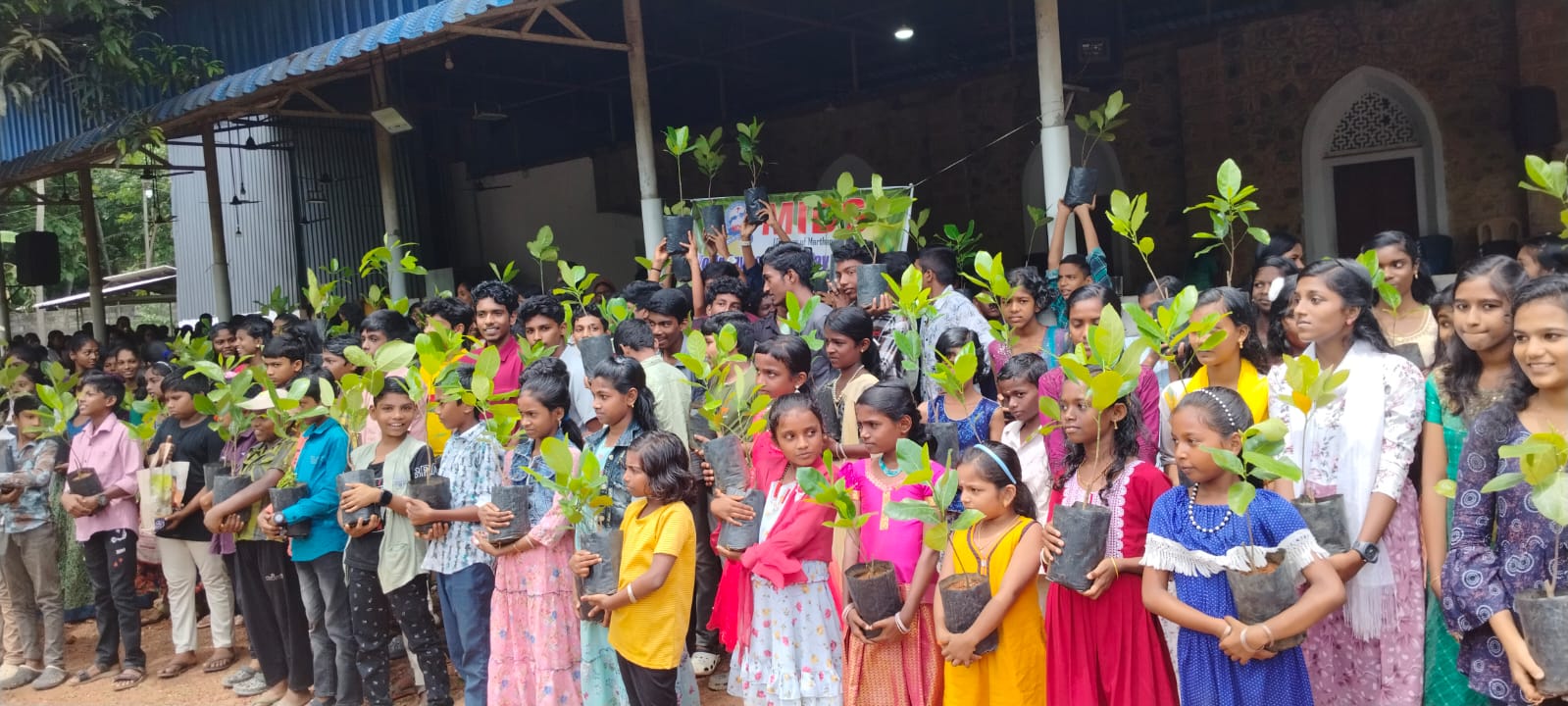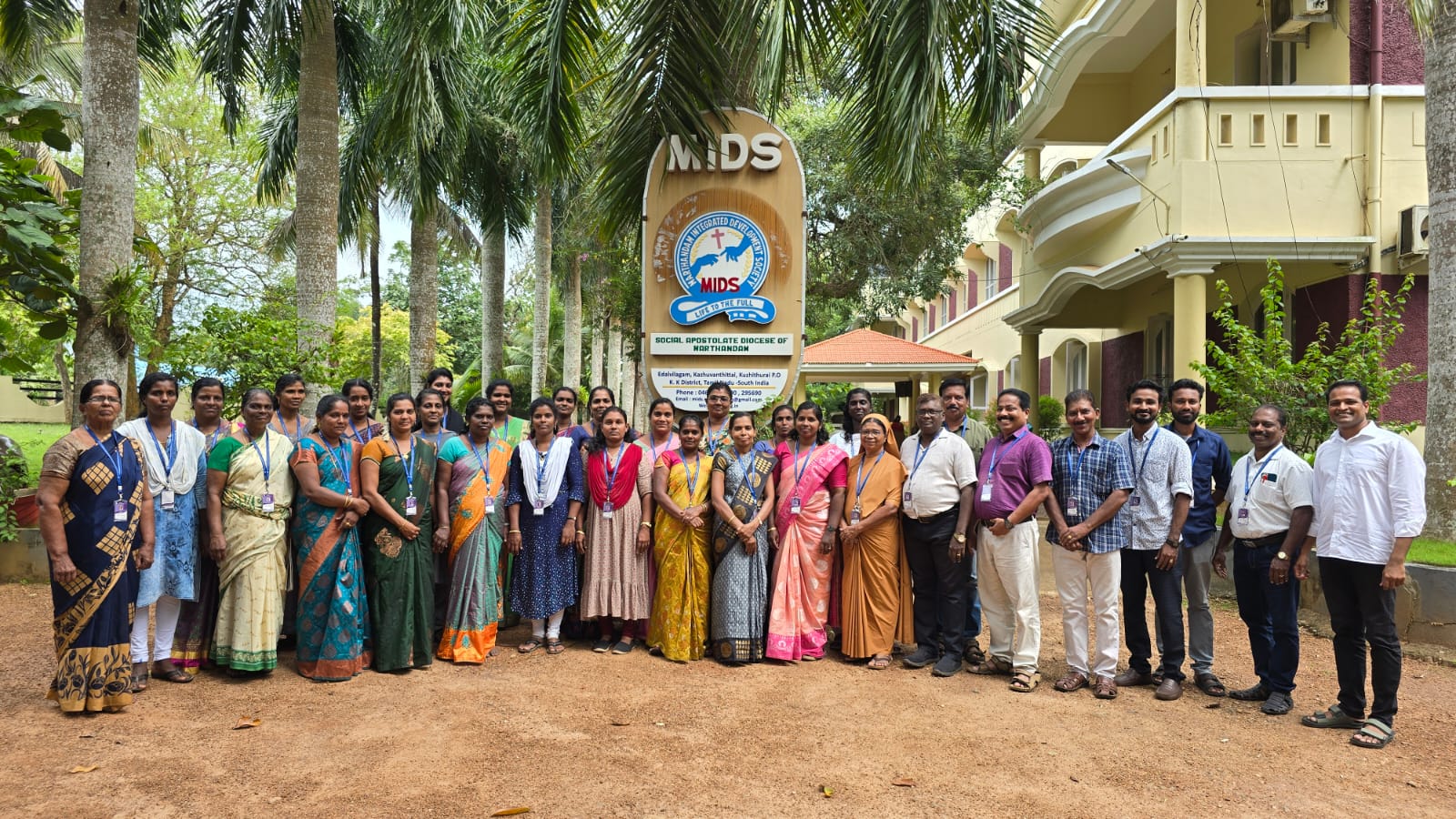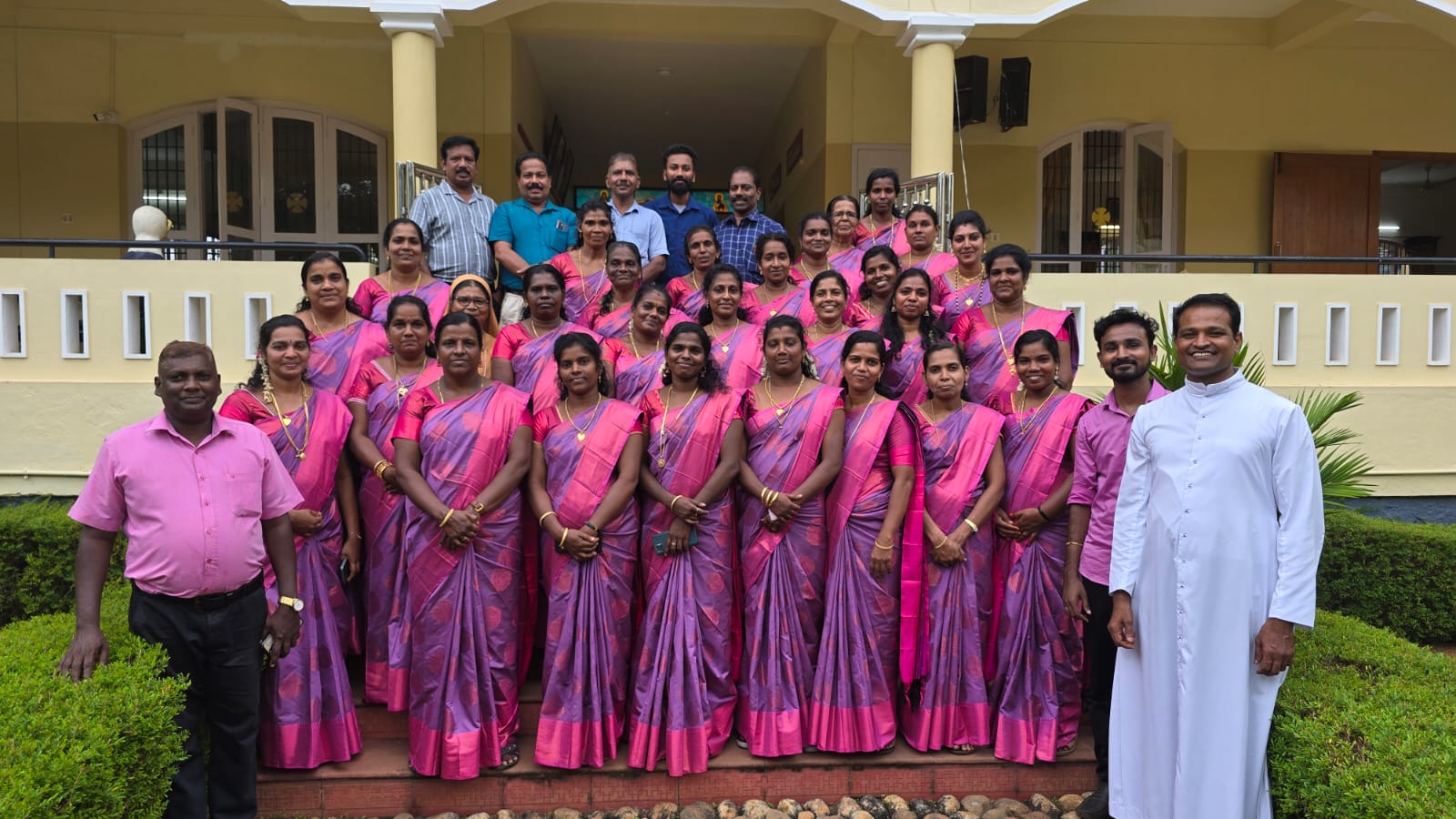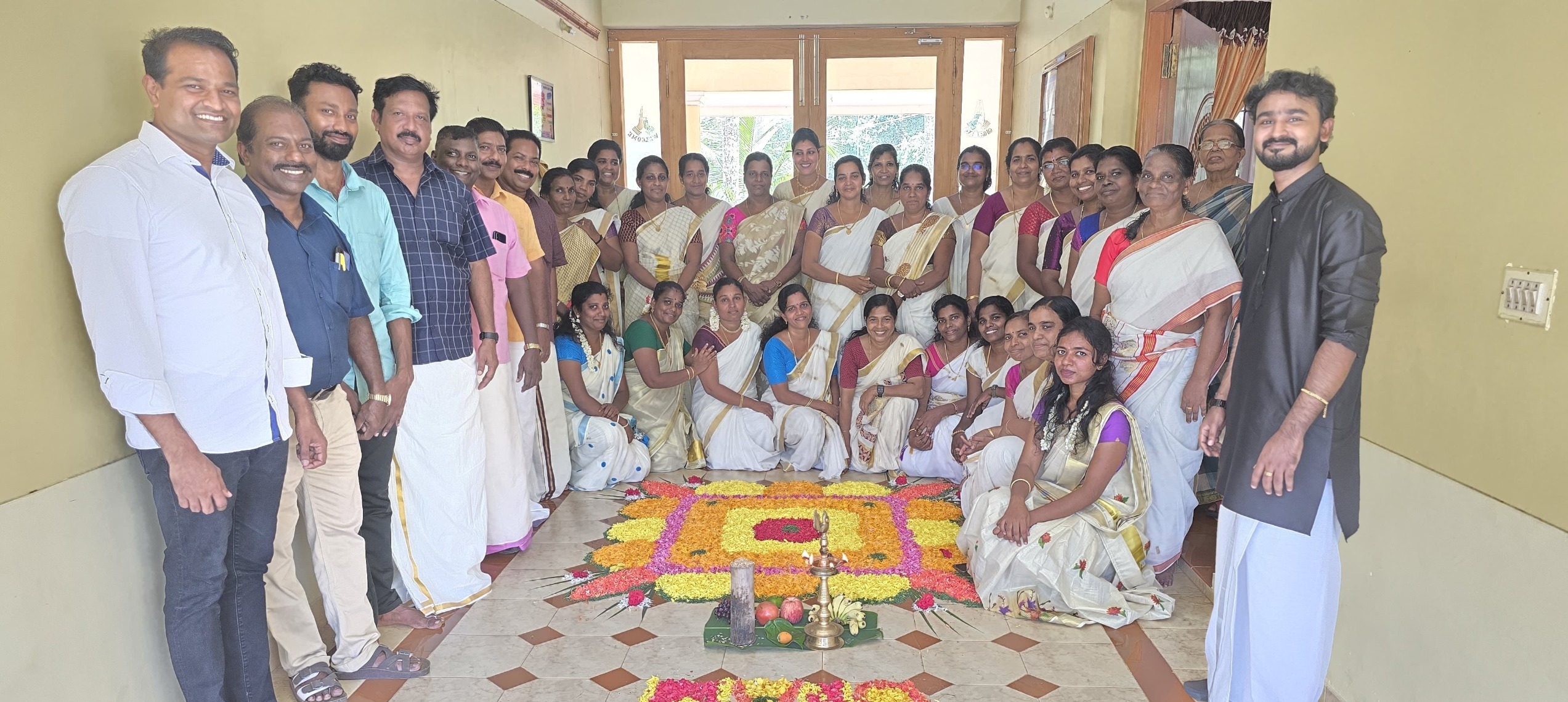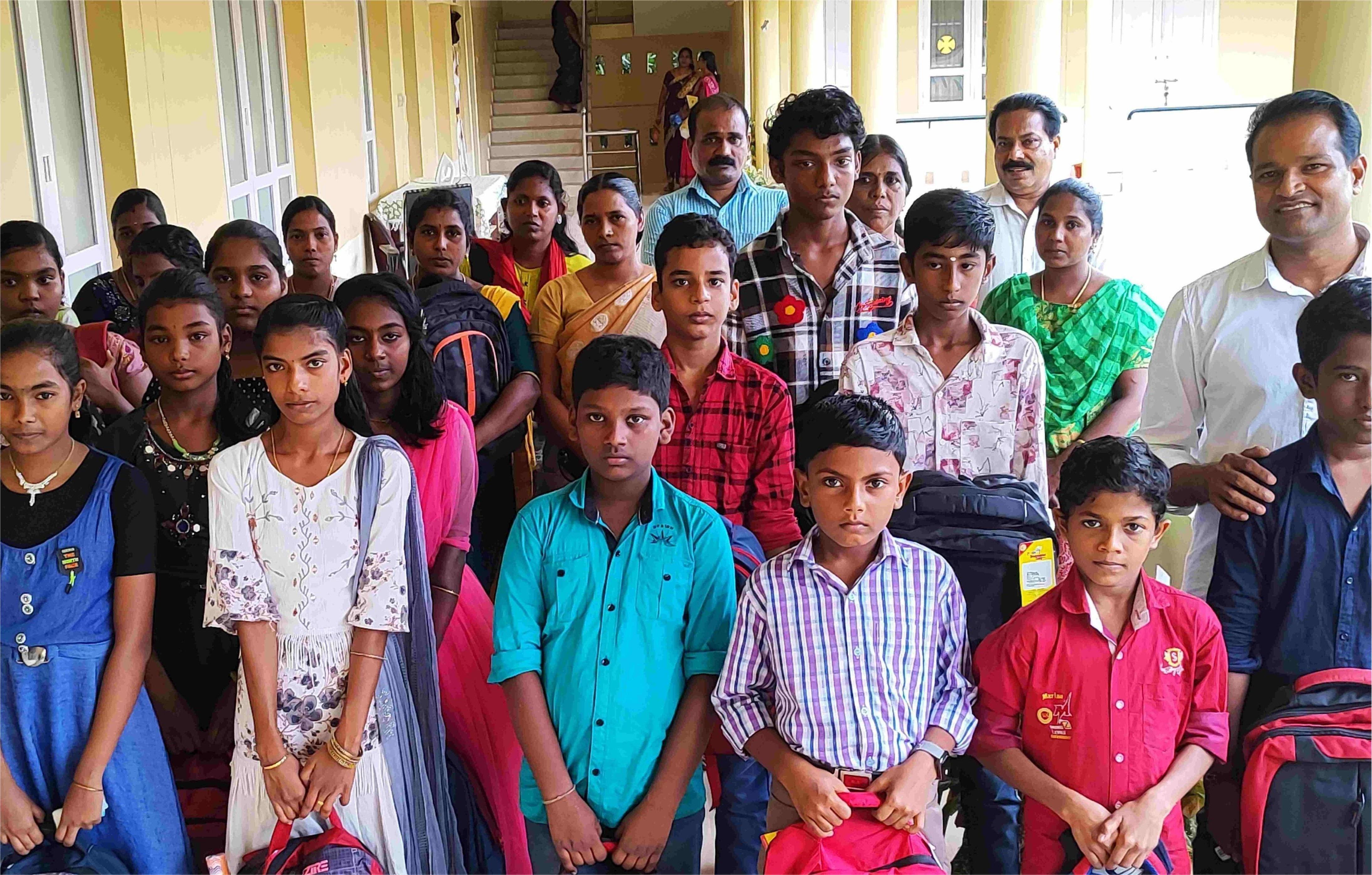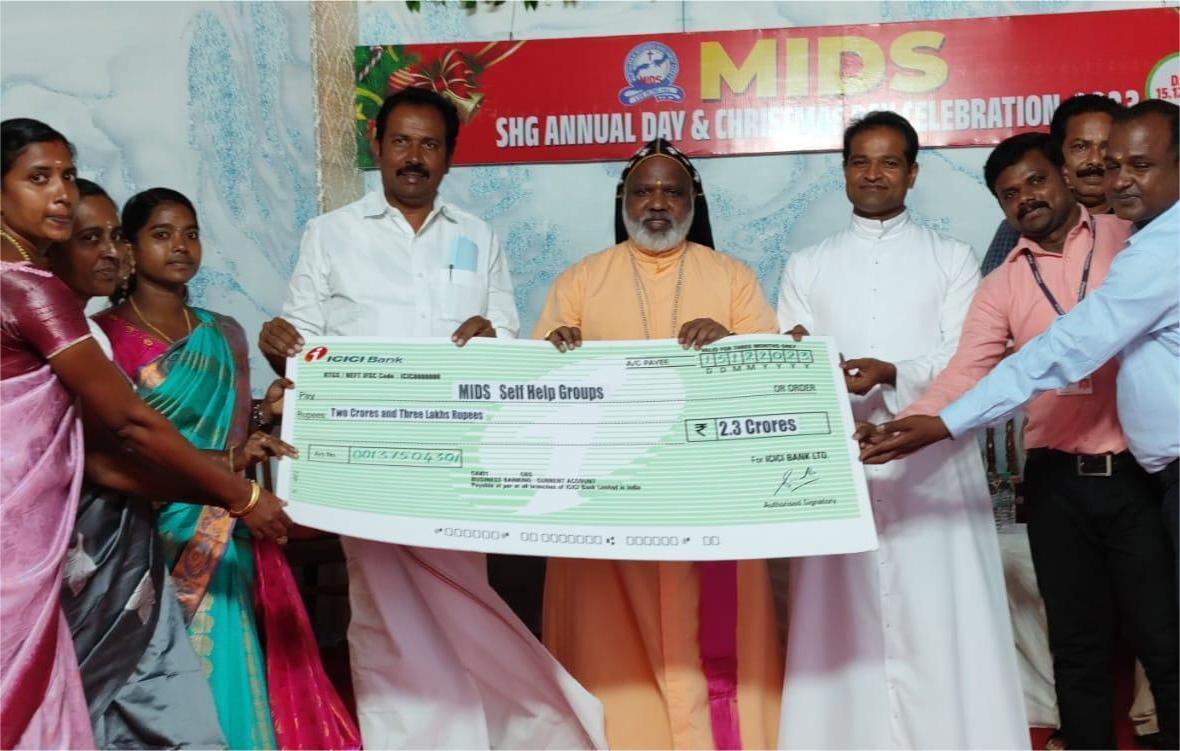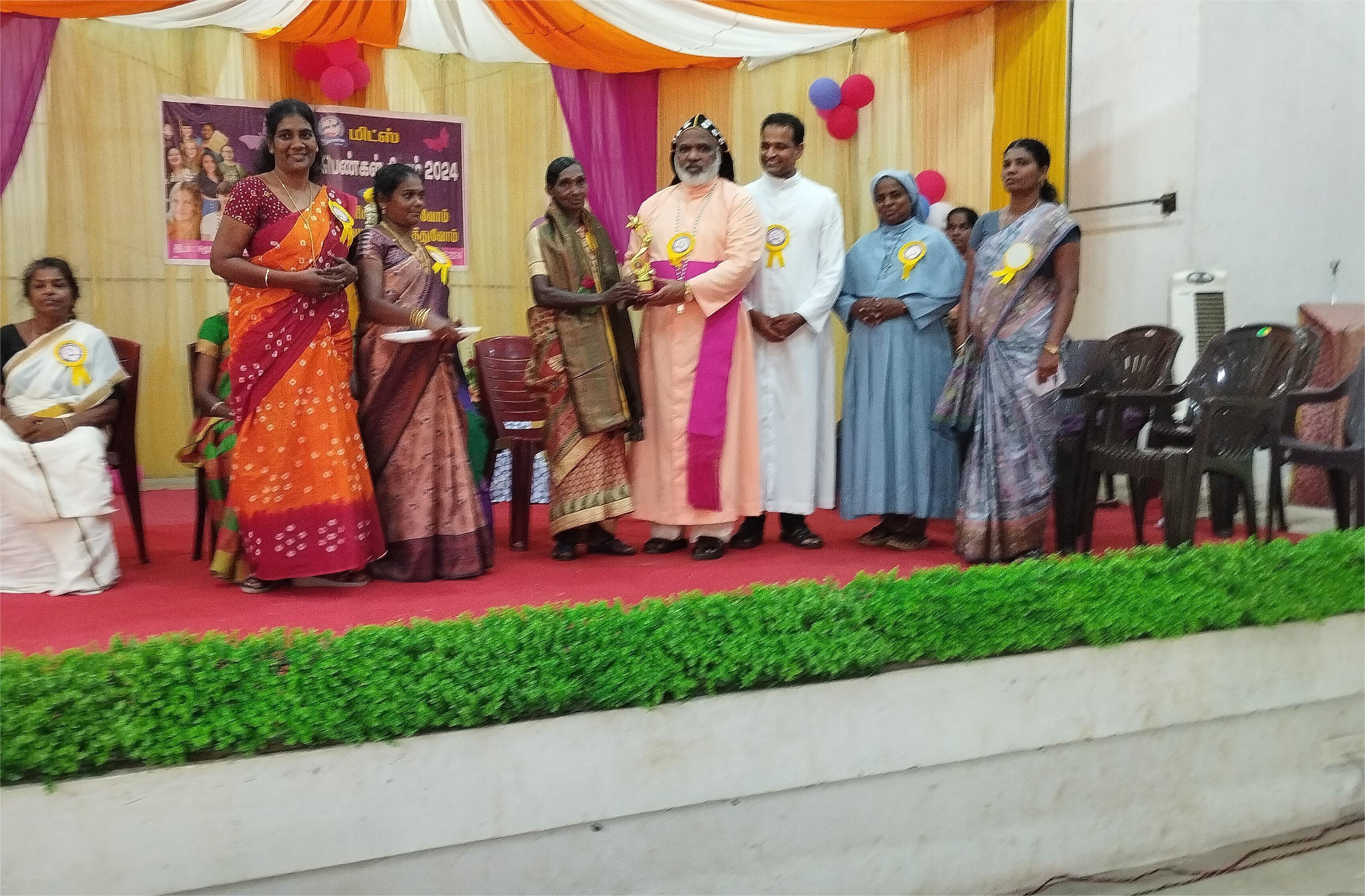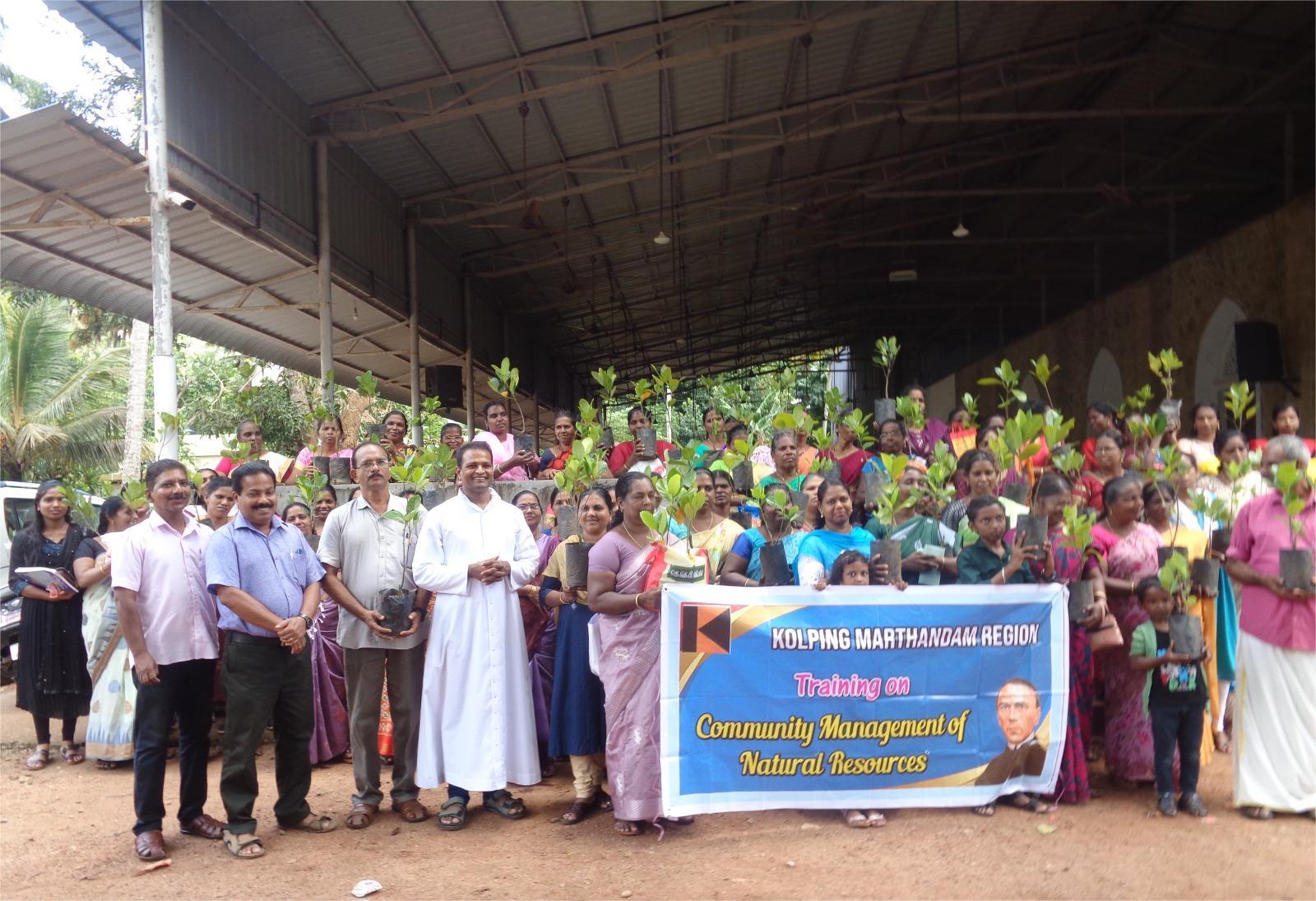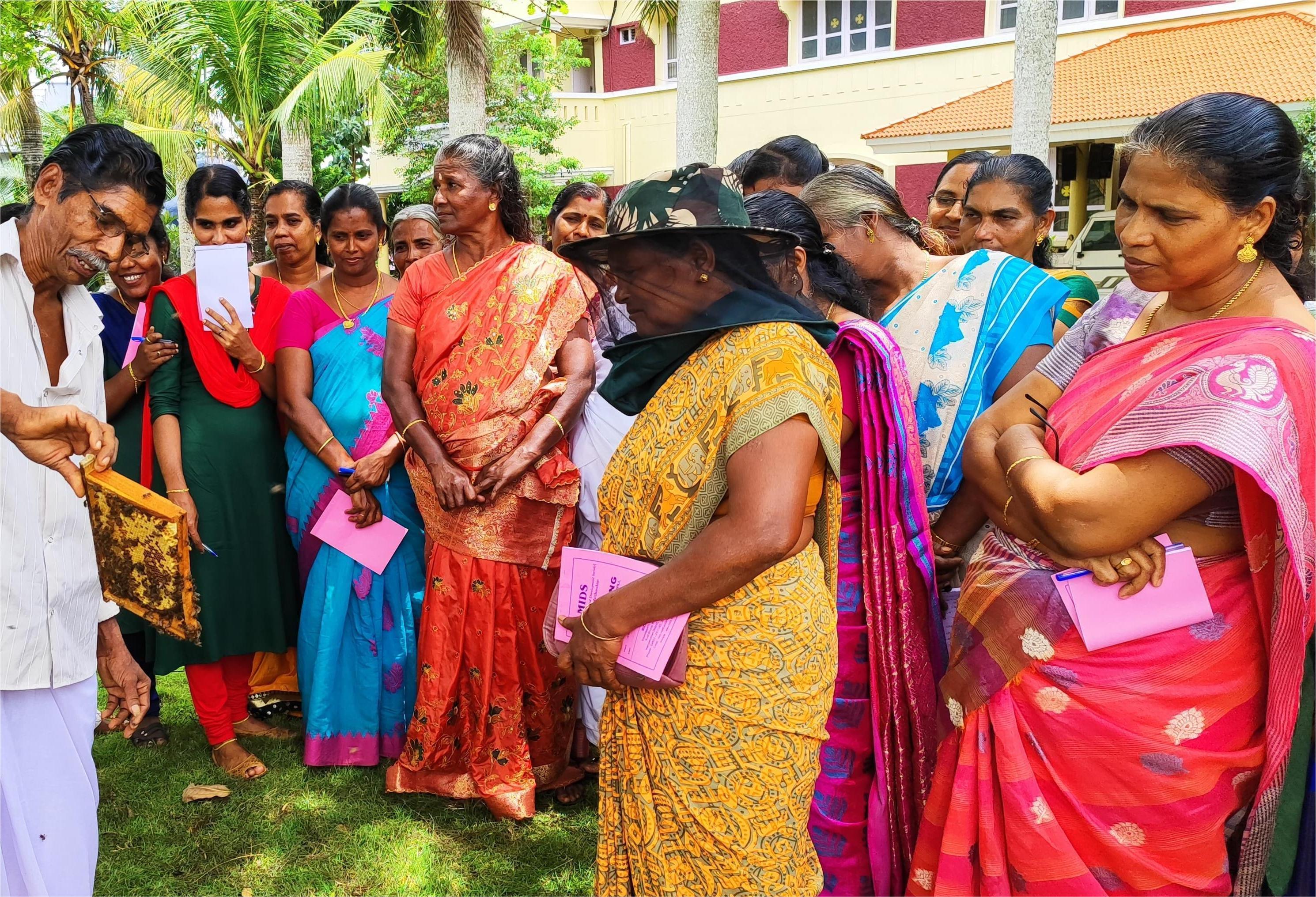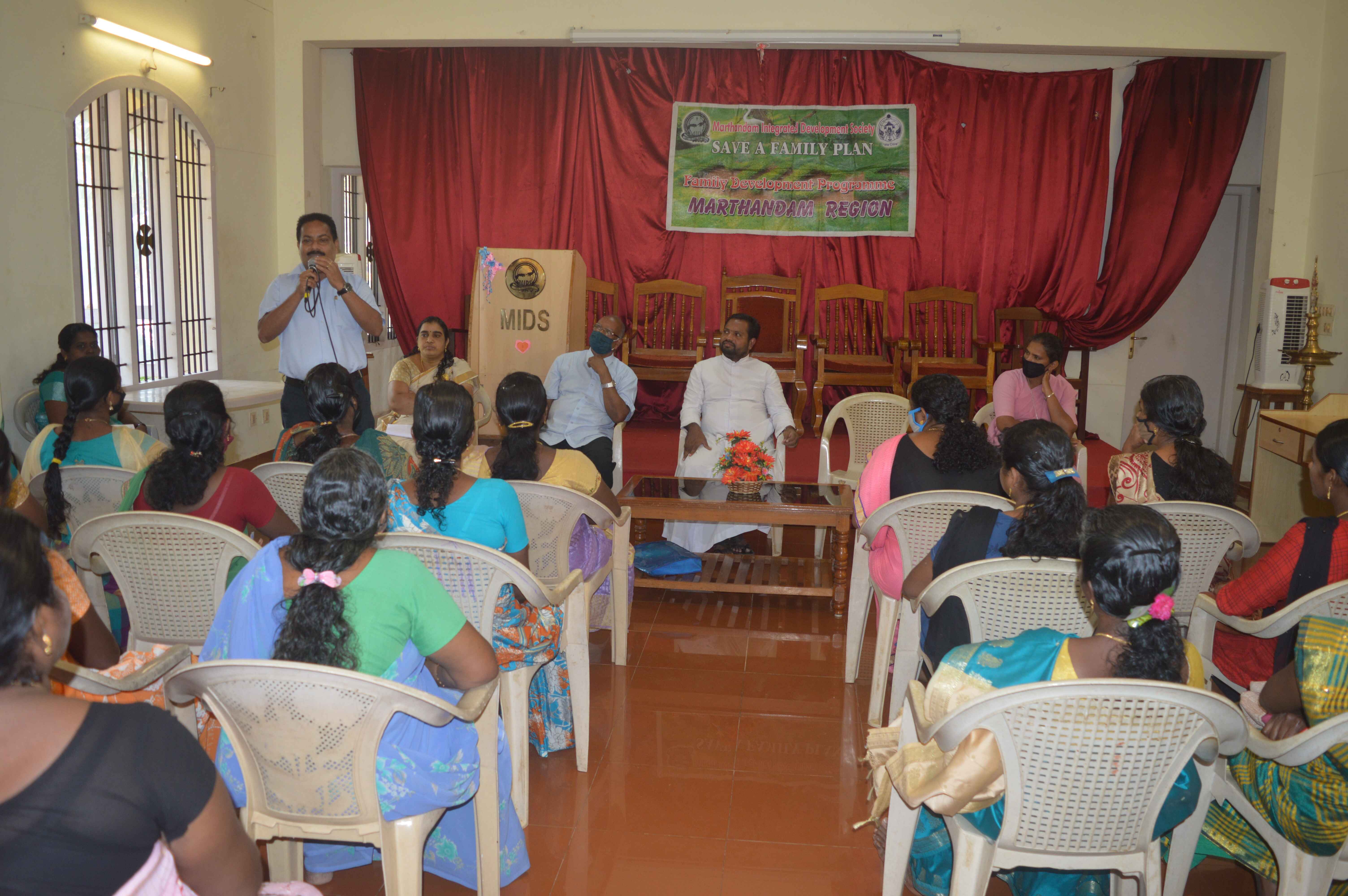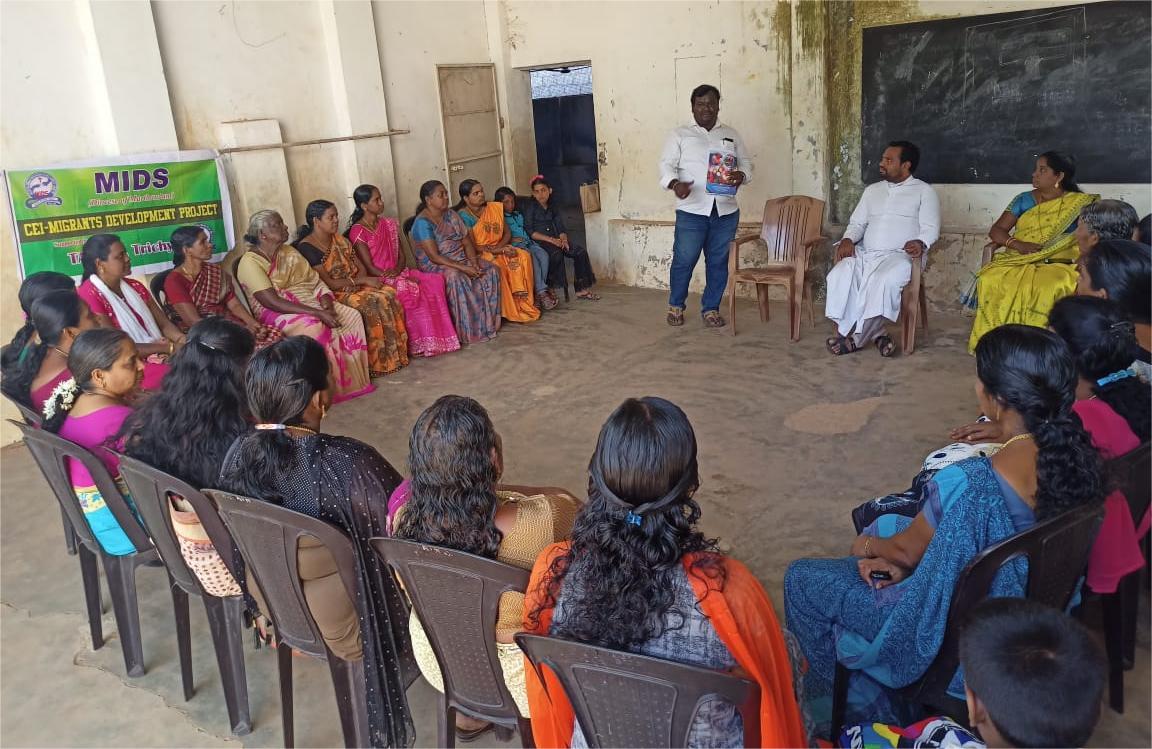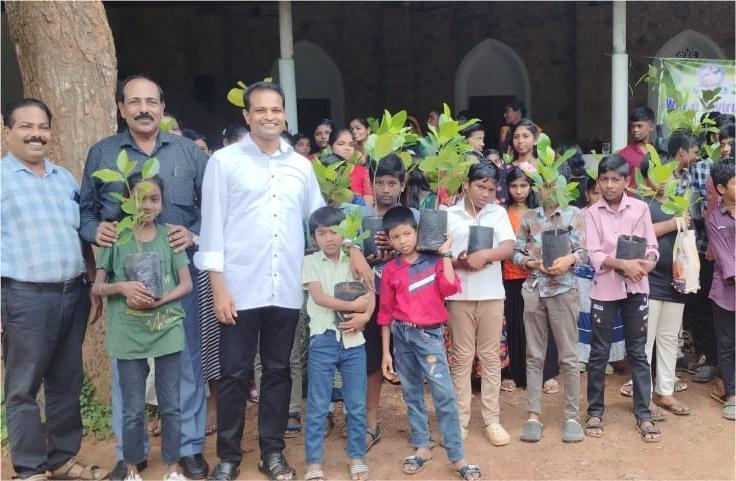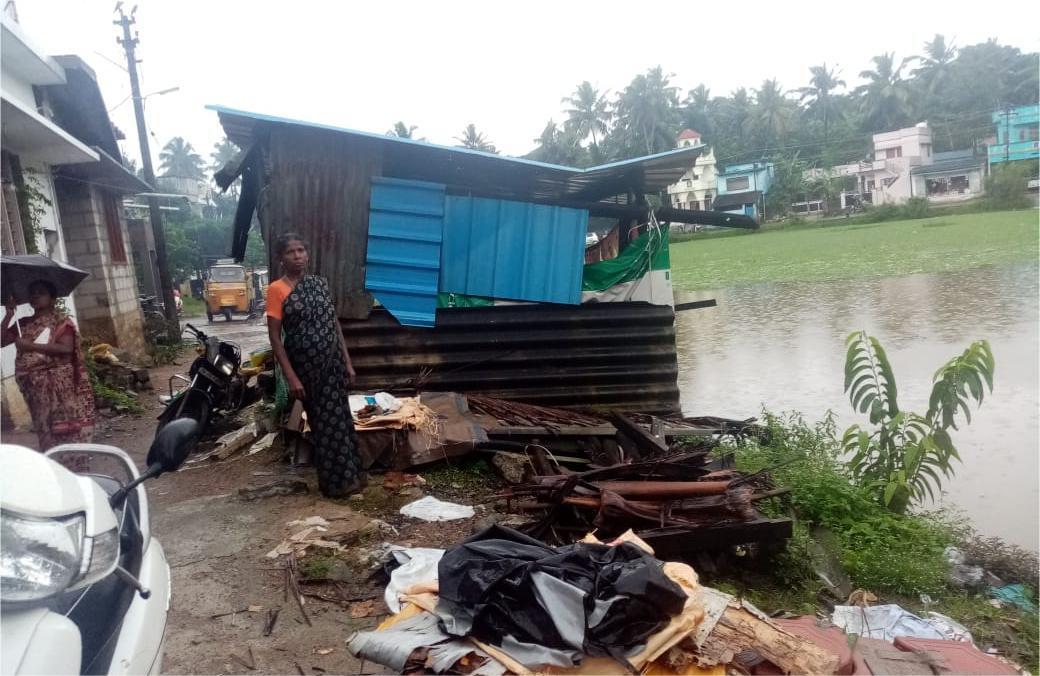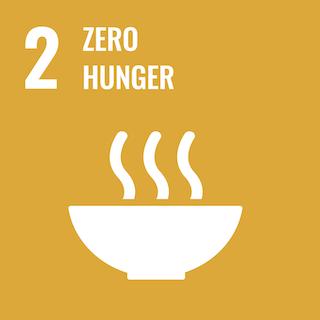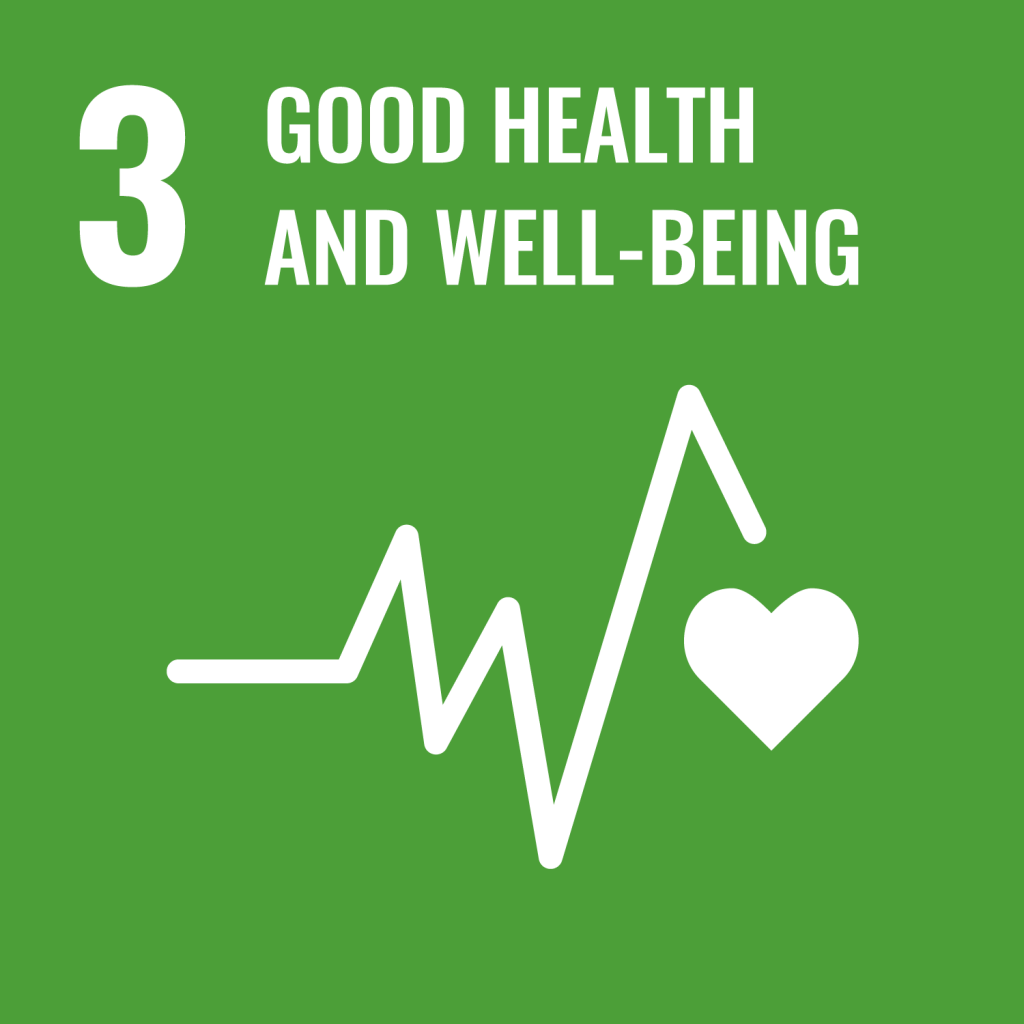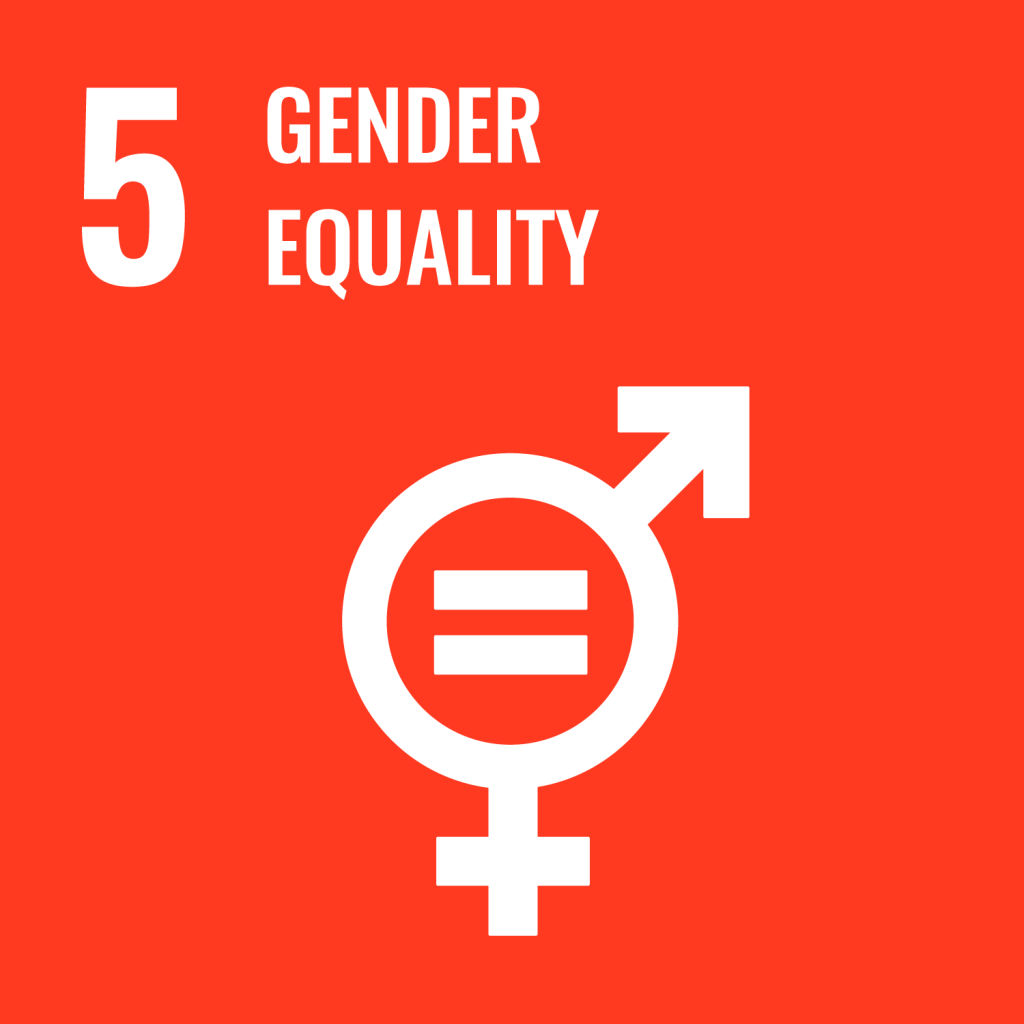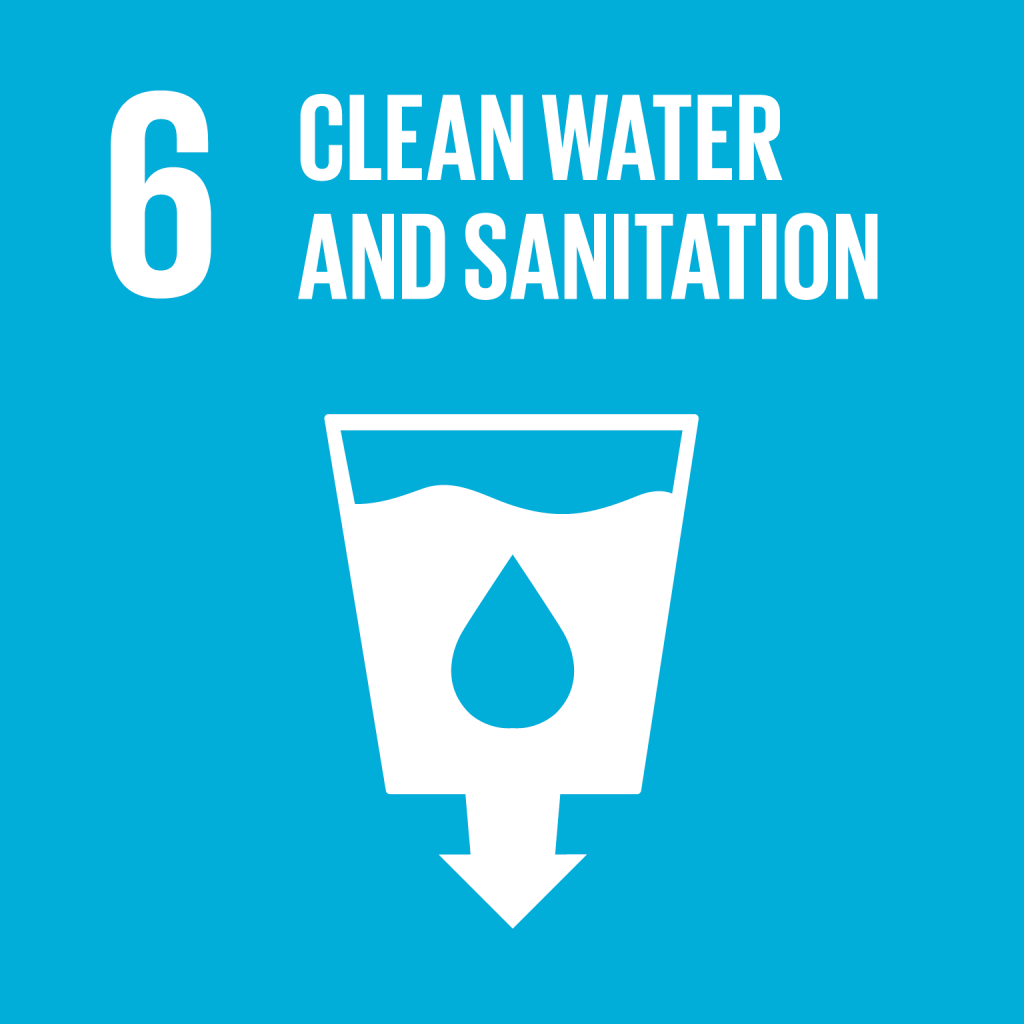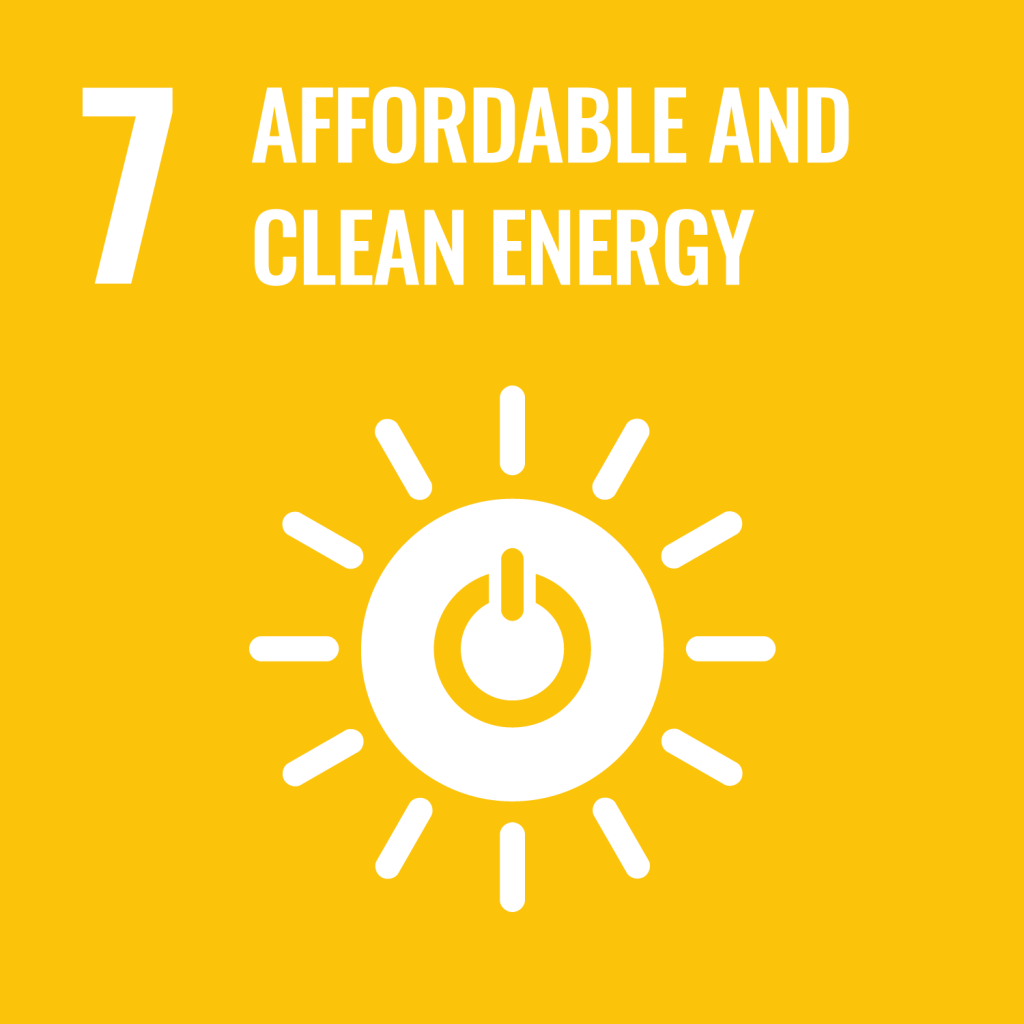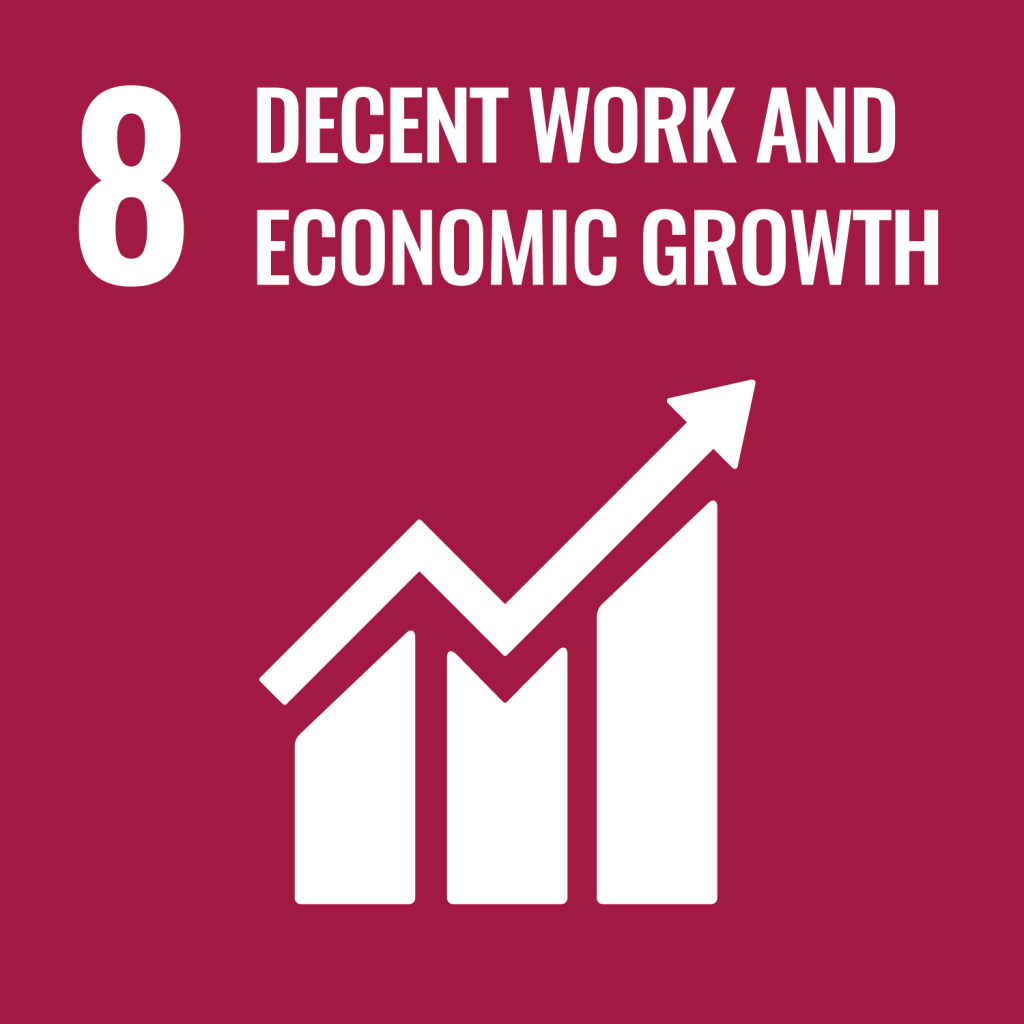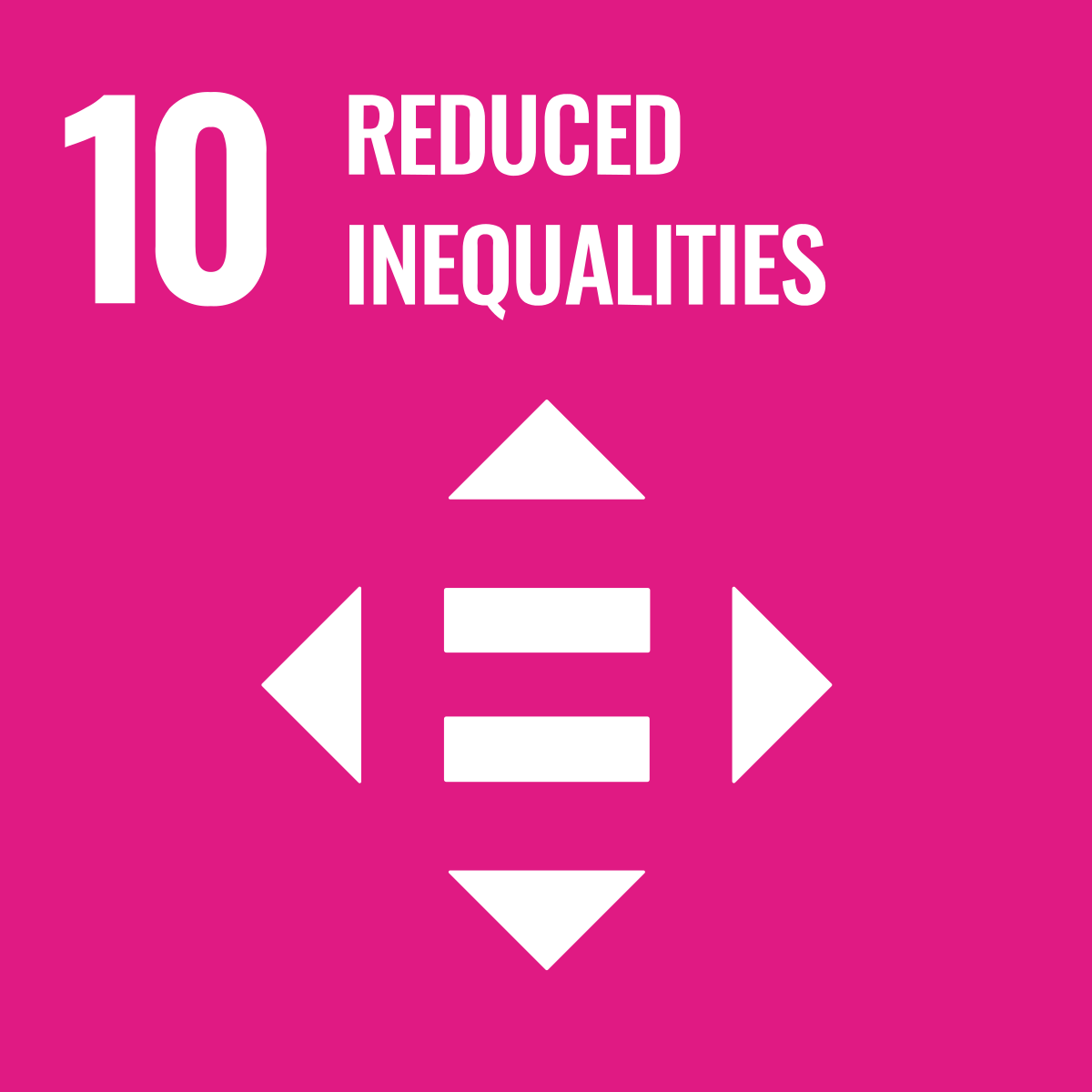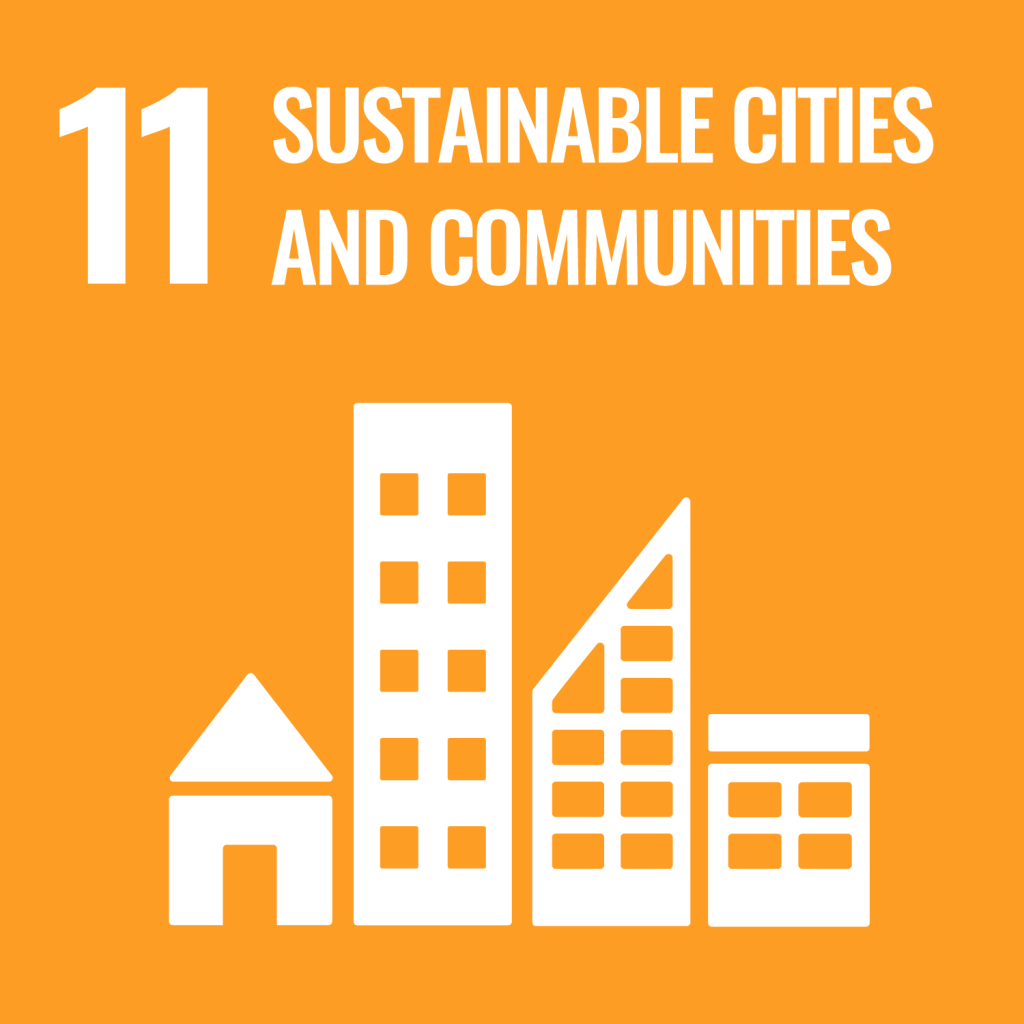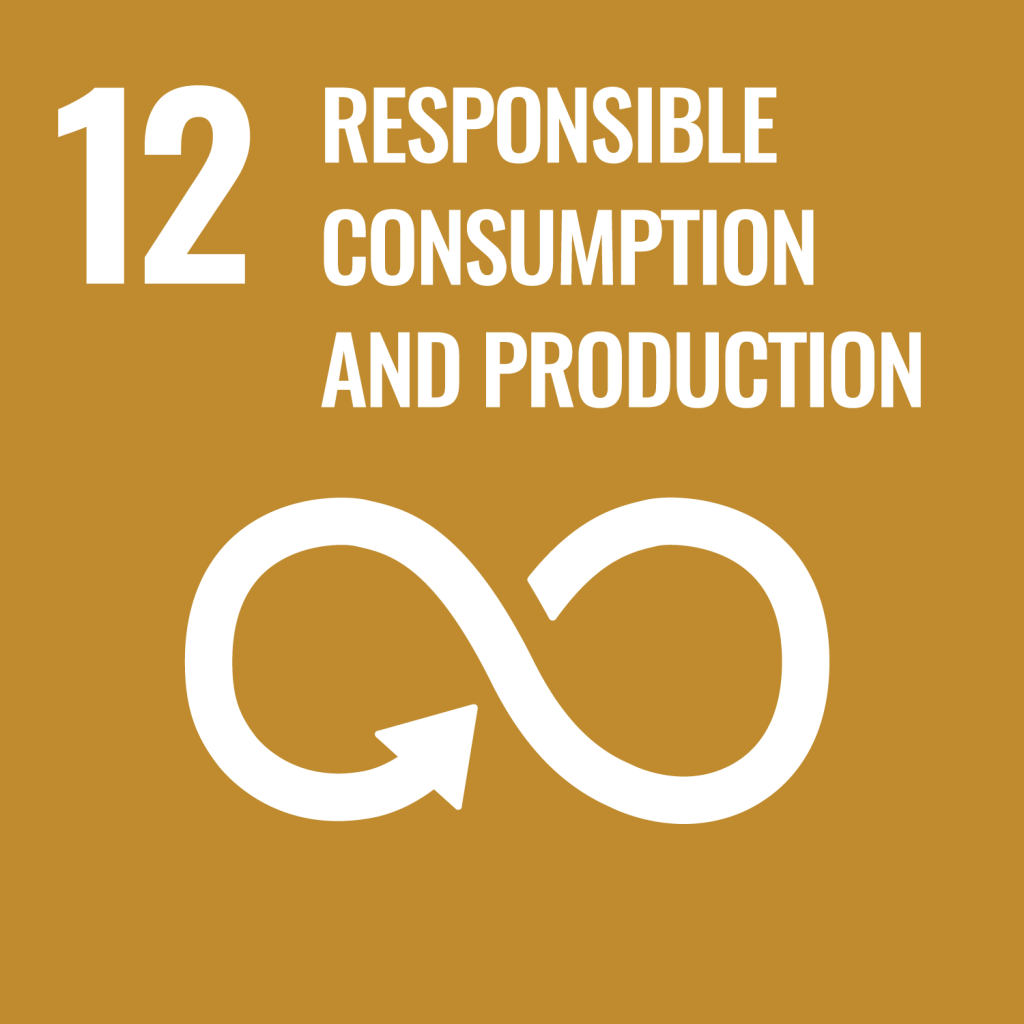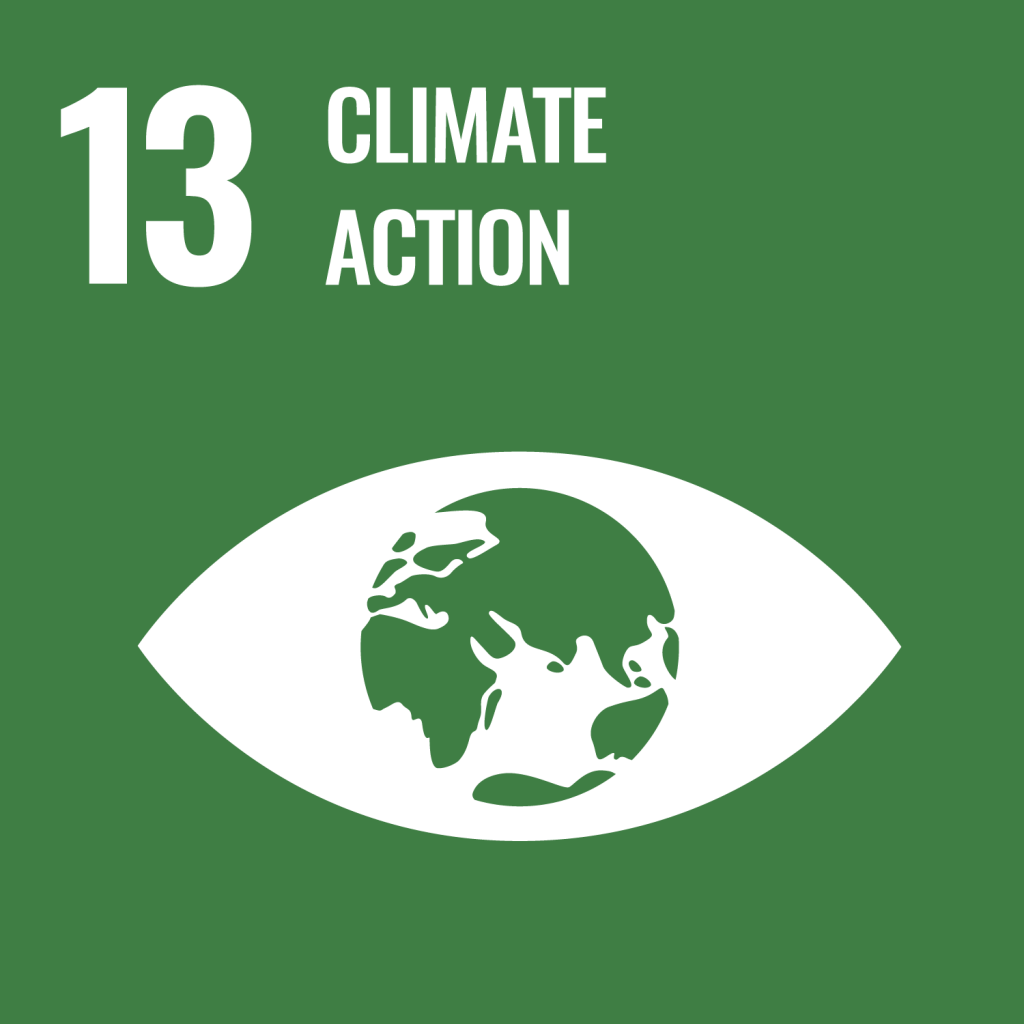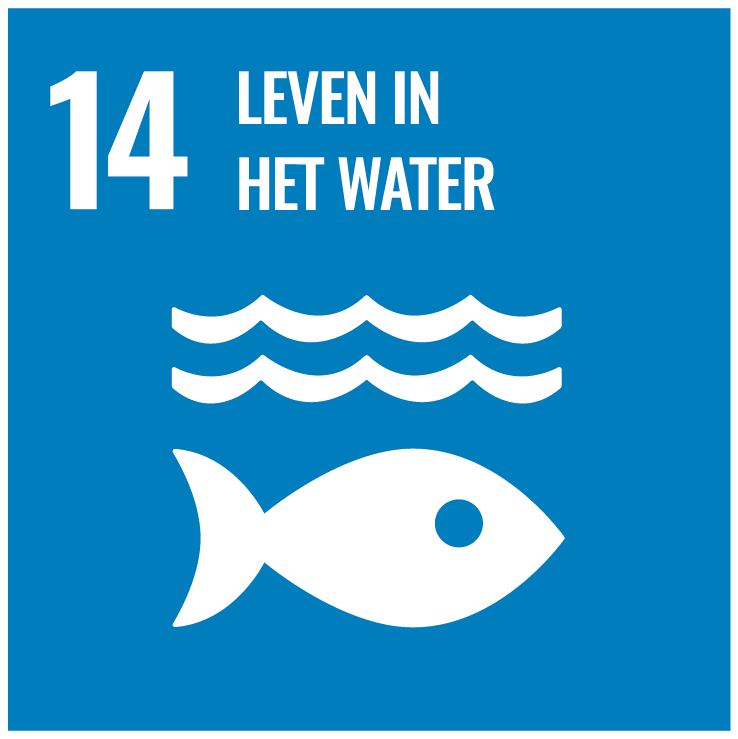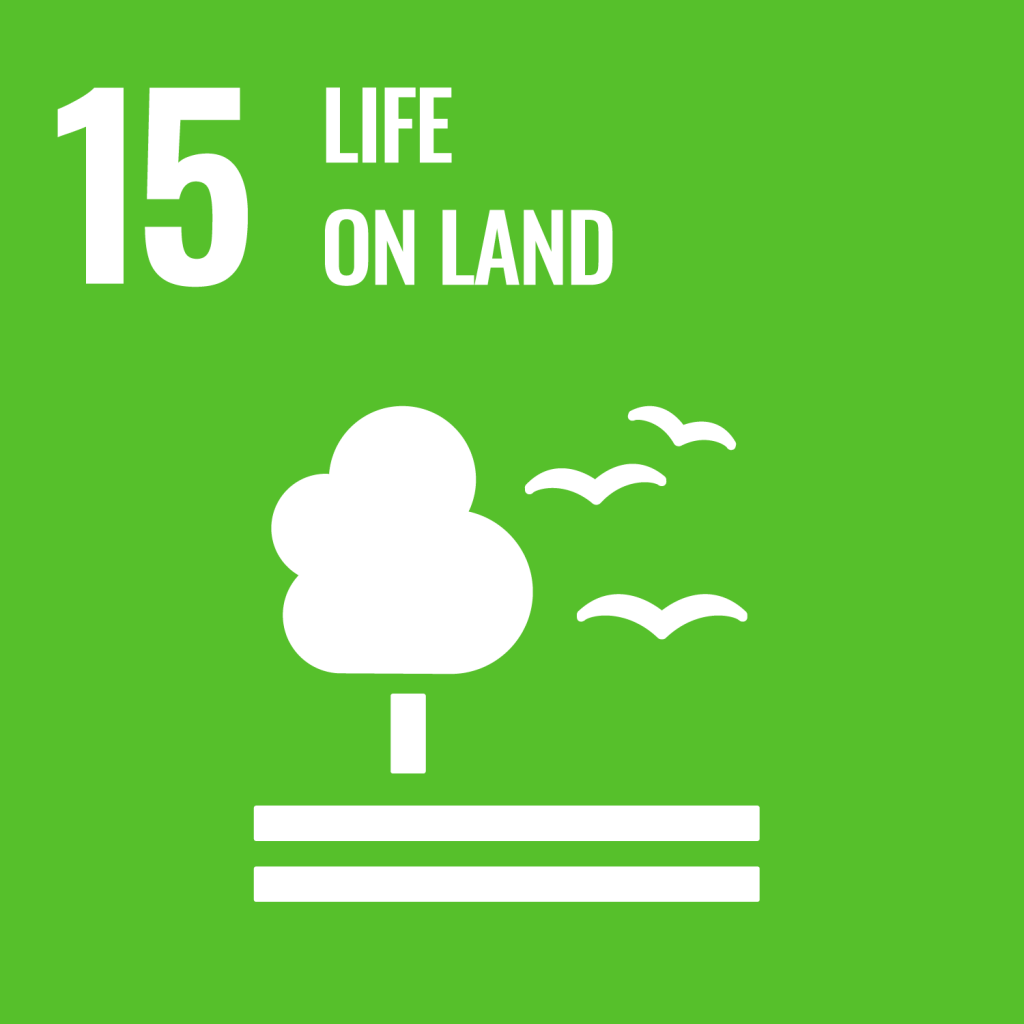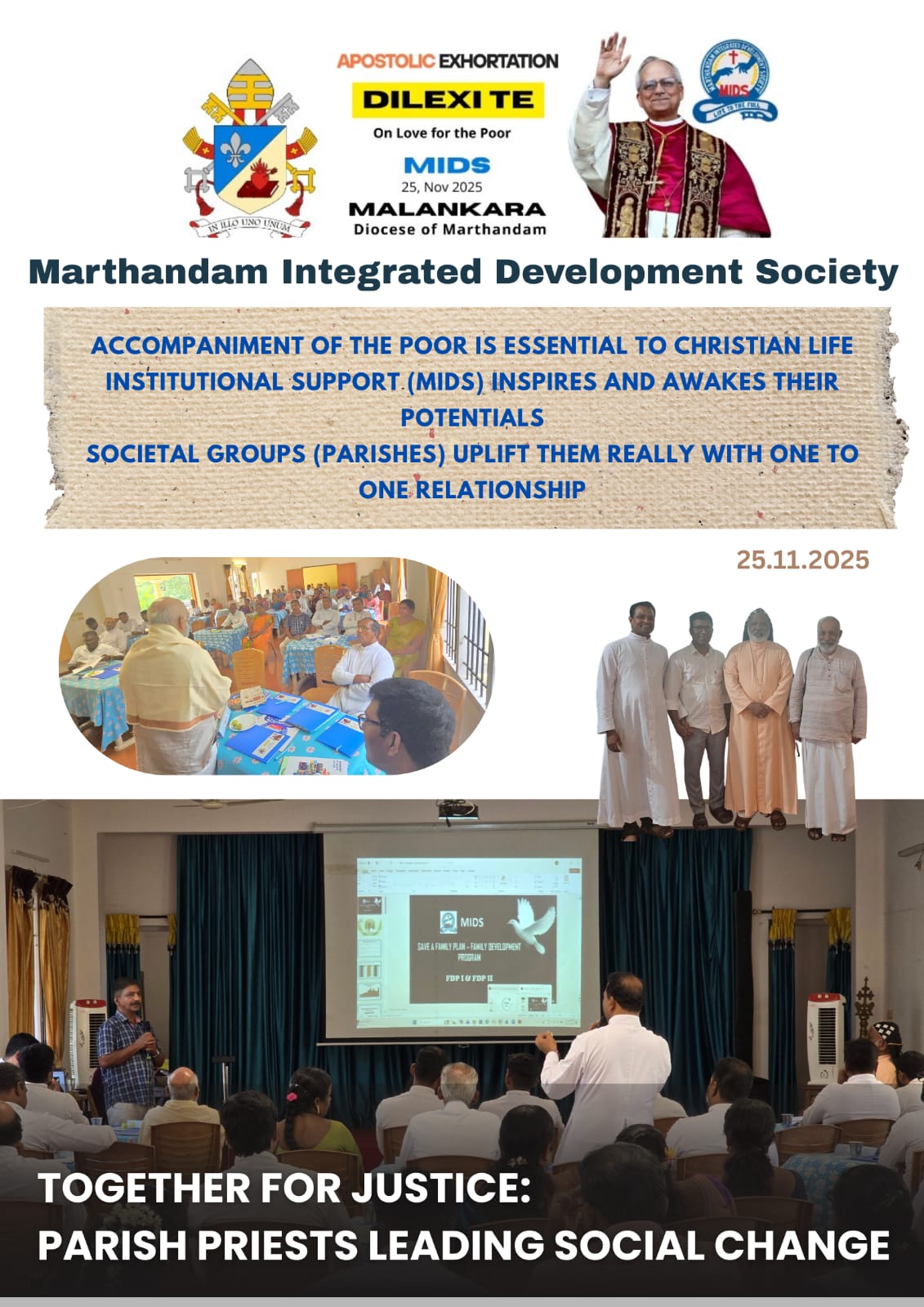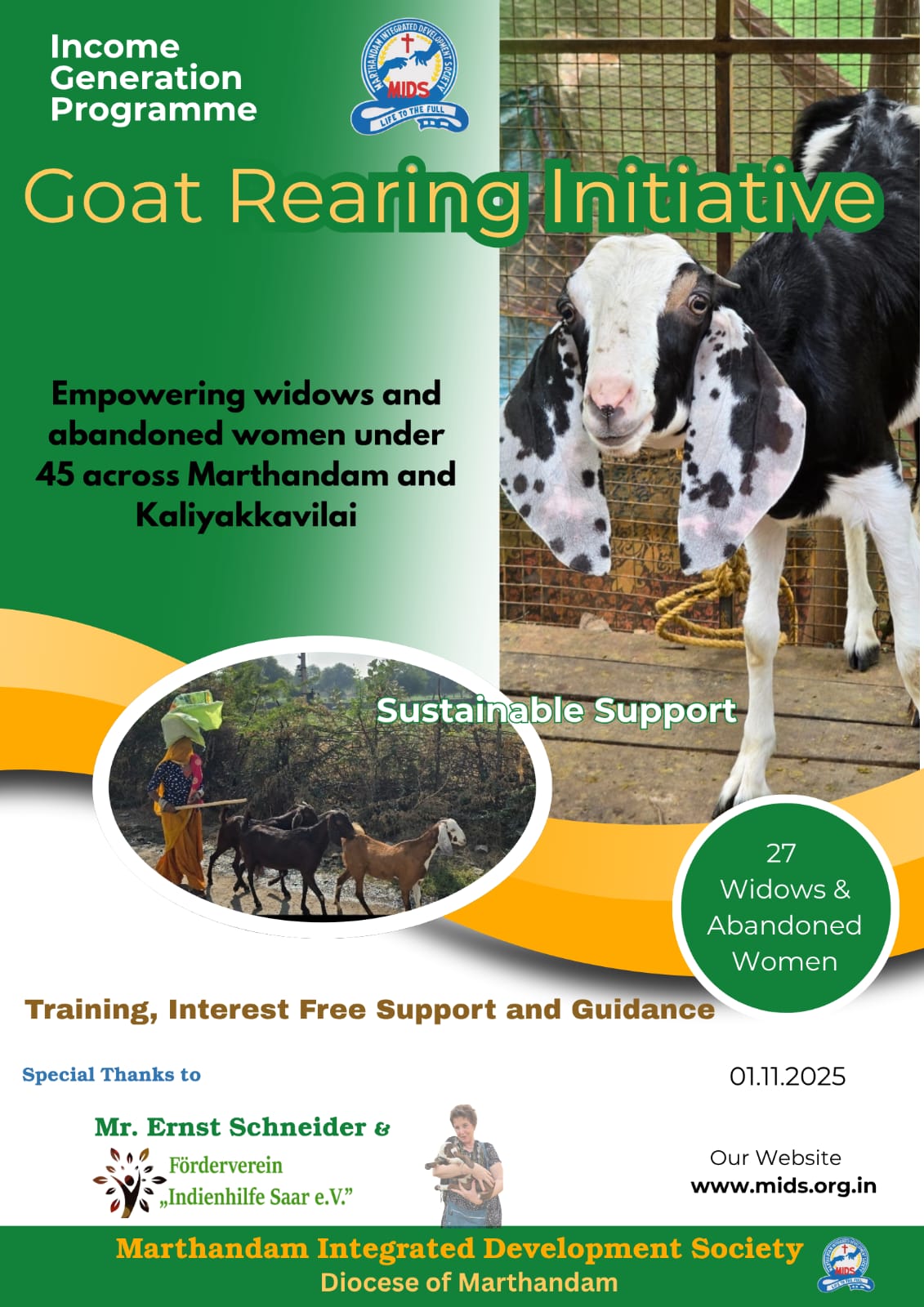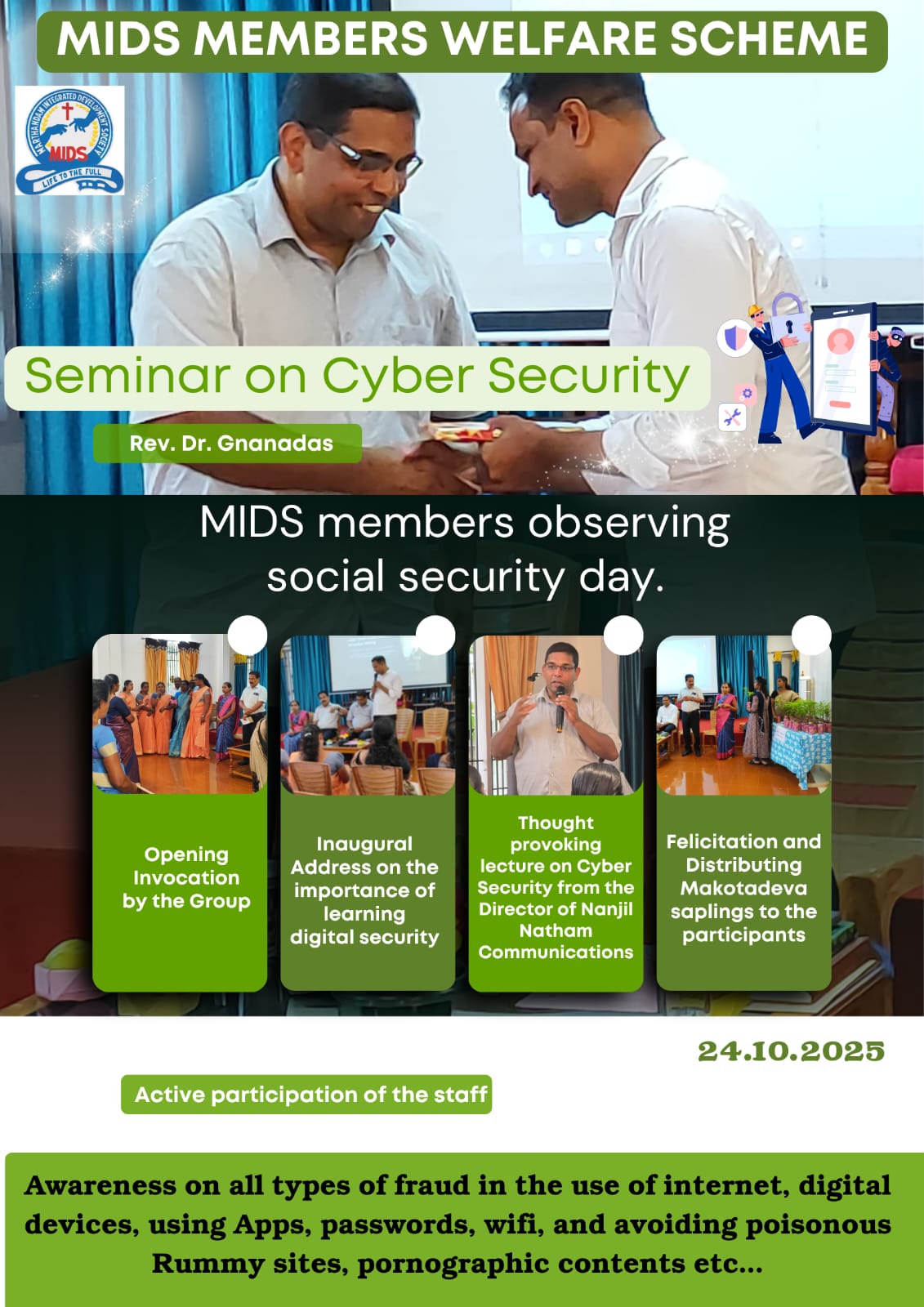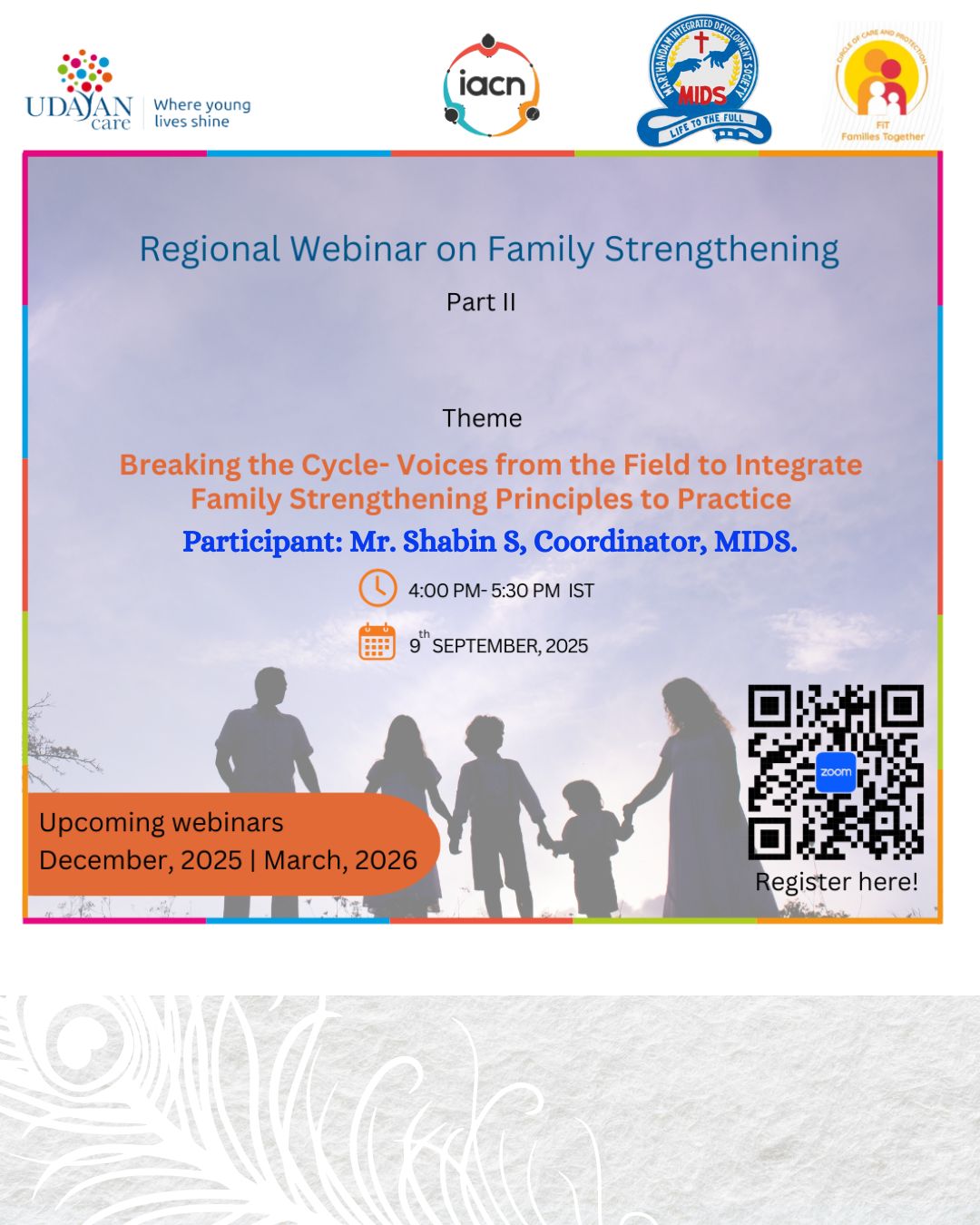Breaking the Cycle- Voices from the Field to Integrate Family Strengthening Principles to Practice
09/Sep/2025
MIDS participated in the regional webinar called “Breaking the Cycle – Voices from the Field to Integrate Family Strengthening Principles to Practice.” on 9/9/2025. The session highlighted best practices and lived experiences from the Western and Central regions of India, with a strong focus on the role of families and communities in preventing child–family separation. Participants had the opportunity to learn about innovative family strengthening practices, the challenges faced by communities, and the critical gaps that need to be addressed to ensure children grow in safe and nurturing environments.
One of the best practices presented was the work of the Family Service Centre (FSC) in Mumbai, a civil society organization established in 1955. FSC has pioneered alternative family care and community outreach programs, supporting families through adoption, educational sponsorship, temporary family care, counseling, and empowerment initiatives. Each year, their educational sponsorship program reaches over 450 children and families, while the temporary family care initiative, supported by the Maharashtra State Government, provides an alternative to institutional care for children in crisis. In addition, their community interventions focus on education, health, livelihood, and capacity building for children, women, and youth, helping families to build resilience and stability. Another significant model discussed was the Safe City Program in Bhopal, a UNICEF-supported initiative implemented with local partners to strengthen child protection networks at the ward level, build local mechanisms, and enhance children’s agency. This program follows a people-centric approach, offering flexible responses to vulnerable communities such as Vimukta tribes, urban Adivasi groups, and children of single or no parents.
The discussions also shed light on common challenges, including lack of awareness among families, complex family dynamics such as addiction and instability, frequent migration, documentation barriers, coordination gaps between NGOs and government bodies, and shortage of trained social workers. While laws in India prioritize family-based care, translating this into ground-level practice requires time, trust, and significant resources. The way forward identified during the webinar included regular community sensitization sessions, stronger multi-stakeholder collaboration, holistic models that integrate psychosocial, legal, financial, health, and educational support, and continuous capacity building of frontline workers.
Overall, the webinar was a powerful reminder that each child deserves to grow up in a family environment. Families and communities, even when fragile, can become resilient when supported with the right interventions. The learnings encourage us to look beyond institutional solutions and instead focus on empowering families as the true foundation of child protection and holistic development.
Read More
